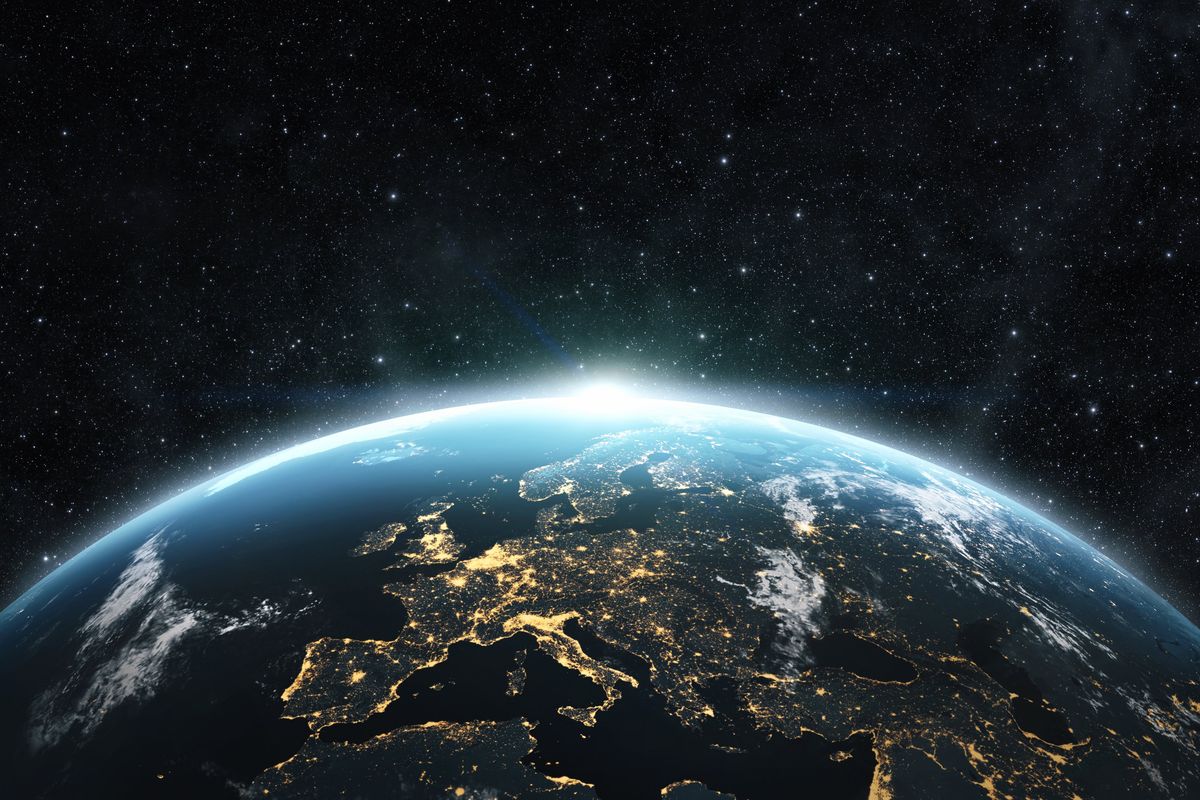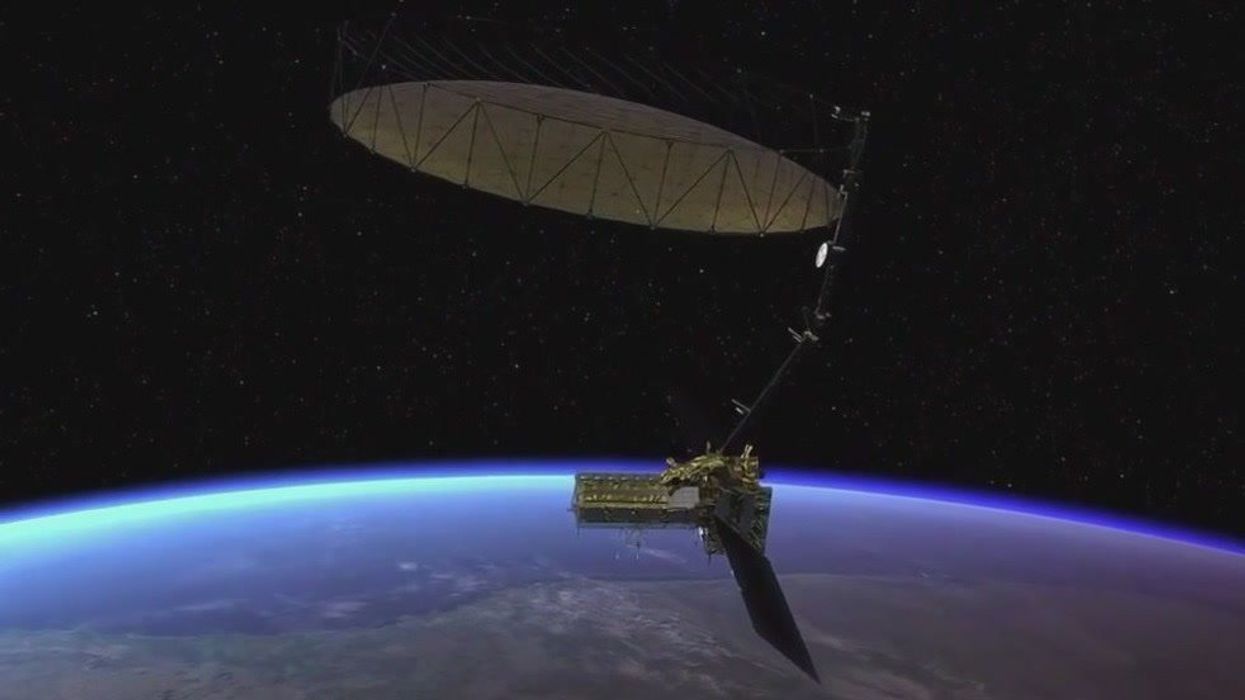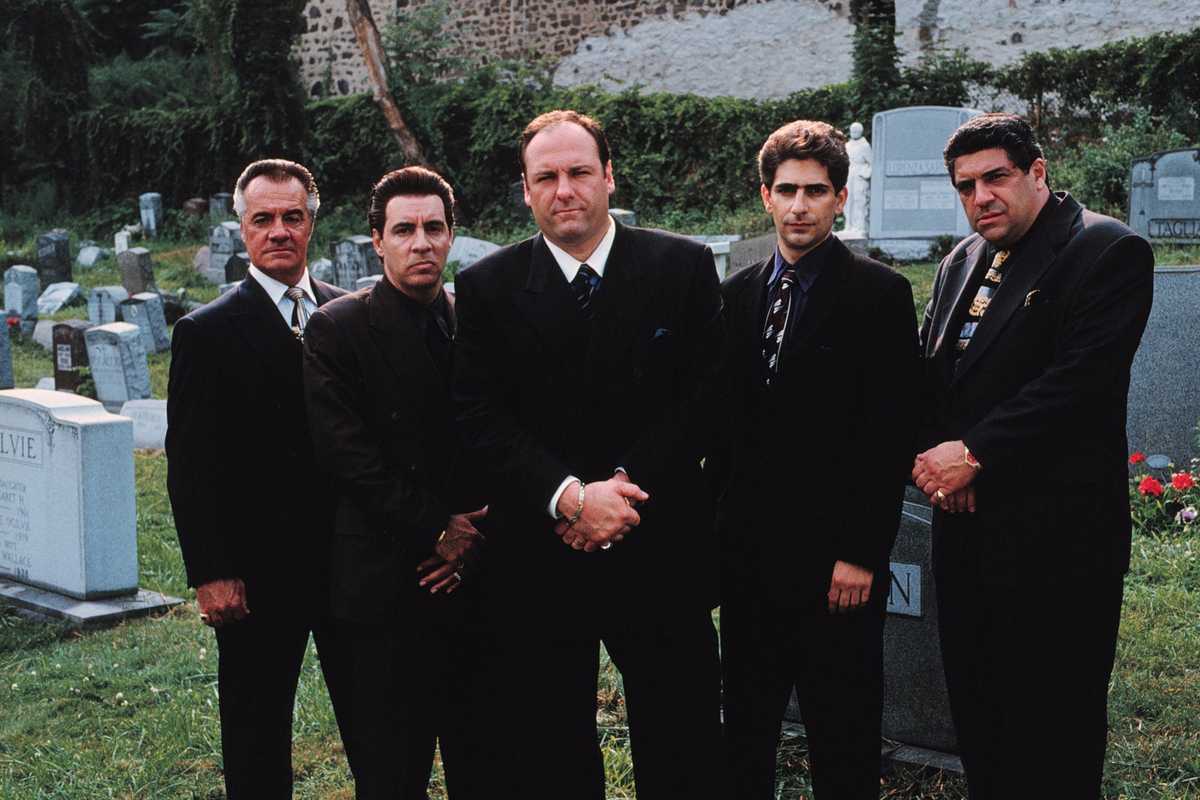Science & Tech
Sinead Butler
Aug 04, 2025
NASA’s new NISAR satellite to track Earth’s subtle changes from space
Fox - 32 Chicago / VideoElephant
Oxygen gives us life - but for how long?
Well, not forever, according to a new study where NASA scientists believe Earth's atmosphere will collapse within the next billion years.
But before a complete collapse, experts reckon the decline will first begin only 10,000 years from now, which isn't as far away as it sounds.
"The lifespan of oxygen-rich atmospheres may be shorter than we previously thought," to quote Christopher Reinhard, a co-author from the Georgia Institute of Technology.
Scientists from NASA and Japan’s Toho University concentrated on the relationship between the planet’s oxygen levels and the Sun’s gradual warming when trying to understand the evolution of Earth’s atmosphere.
As we all know, the Earth's climate is set to get hotter, but what you might not know is that the Sun's luminosity is also anticipated to increase.

So what does this mean?
Earth getting warmer will cause carbon dioxide (CO2) in the atmosphere to break down, and so in these conditions the planet will struggle to grow as it requires carbon dioxide for photosynthesis.
And if plants cannot survive, then we're in trouble, as it is Earth's main source of oxygen.
A lack of oxygen being generated will cause the planet to lose its protective ozone layer, meaning high levels of ultraviolet radiation will be able to reach Earth's surface.
Simultaneously, there will be a buildup of greenhouse gas methane in the air - not ideal conditions for humans. This "great deoxygenation" will result in "high concentration of methane, low levels of CO2, and the absence of an ozone layer" for Earth's atmosphere, according to research lead, Kazumi Ozaki.
The bad news is that humans and other species, who also rely on oxygen for life, couldn't survive in this kind of environment, particularly since it is estimated by experts that oxygen levels could fall a million times lower than they are today.
Perhaps anaerobic microorganisms may survive the new toxic atmosphere, as they don't require oxygen like we do.
This wouldn't be the first time Earth has experienced an atmosphere like this, as it previously had these conditions billions of years ago, predating the Great Oxidation Event, which led to the oxygen-rich atmosphere we have today.
Luckily for us, of course, this is something we don't have to worry about happening in our lifetime.
Nevertheless, the actual process leading up to the big event may start earlier, as the study found that oxygen levels are set to fall in around 10,000 years' time - a kind of decline where there is no turning back.
An important context note from this research is that this isn't due to human-driven climate change, but rather it's Earth’s natural evolution.
Meanwhile, understanding these findings is vital for us here on Earth, as it can also help provide further understanding for astronomers seeking to find life on exoplanets that have an oxygen atmosphere.
But even if a planet does have oxygen, it's not guaranteed it will remain this way forever.
On a bleak albeit comforting note, by the time Earth's oxygen loss comes around, scientists believe humans won't be affected, as we're unlikely to be around in a billion years anyway.
All in all, the key takeaway from this study is that nothing is permanent; everything is temporary, which makes us reflect on the components that have gone into sustaining life here on Earth today.
This study was published in Nature Geoscience.
Elsewhere, One of the rarest space events ever will soon be visible from Earth, and Our universe could actually be 'trapped' inside huge void.
How to join the indy100's free WhatsApp channel
Sign up to our free indy100 weekly newsletter
Have your say in our news democracy. Click the upvote icon at the top of the page to help raise this article through the indy100 rankings.
Top 100
The Conversation (0)














